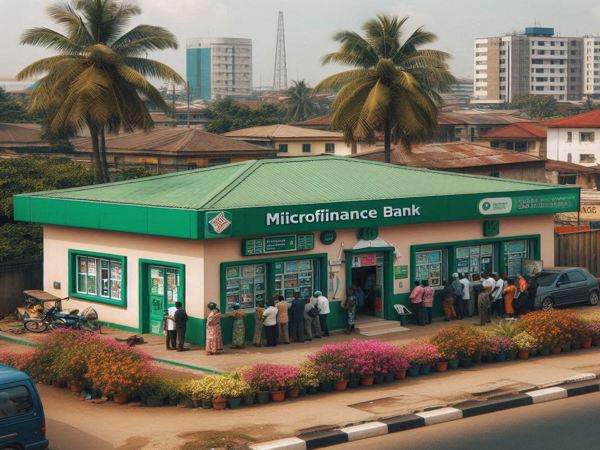Microfinance banks (MFBs) play a crucial role in Nigeria’s financial sector by providing financial services to the underserved and low-income segments of the population. These institutions offer a range of financial products, including small loans, savings accounts, insurance, and payment services, which are often not available through traditional banks.
The microfinance sector in Nigeria has grown significantly since the Central Bank of Nigeria (CBN) introduced the Microfinance Policy, Regulatory and Supervisory Framework in 2005. This policy aimed to promote financial inclusion and reduce poverty by supporting the establishment and growth of microfinance institutions. Today, there are hundreds of licensed microfinance banks operating across the country, providing essential services to millions of Nigerians.
One of the primary roles of microfinance banks is to provide credit to small businesses and entrepreneurs who lack access to traditional banking services. These loans enable individuals to start or expand their businesses, leading to job creation and economic development. Microfinance banks often employ innovative lending methodologies, such as group lending and character-based lending, to assess creditworthiness and reduce the risk of default.
In addition to providing credit, microfinance banks offer savings products that help individuals manage their finances and build a safety net. By encouraging savings, these institutions promote financial discipline and enable clients to accumulate capital for future investments or emergencies. Some microfinance banks also offer micro-insurance products, which protect low-income individuals from risks such as illness, accidents, and natural disasters.
Despite their positive impact, microfinance banks in Nigeria face several challenges. High operating costs, due to the need for extensive outreach and personalized services, can limit their ability to scale and achieve sustainability. There are also issues related to governance, transparency, and regulatory compliance that need to be addressed to enhance the credibility and effectiveness of the sector.
To overcome these challenges, there is a need for continued support from the government and development partners. This includes providing technical assistance, capacity building, and funding to strengthen the operational capabilities of microfinance banks. Additionally, the regulatory framework should be continuously reviewed and updated to ensure that it remains conducive to the growth of the sector while protecting the interests of clients.
In conclusion, microfinance banks are essential for promoting financial inclusion and economic development in Nigeria. By providing financial services to the underserved, they contribute to poverty reduction and the overall stability of the financial system. Continued efforts are needed to address the challenges facing the sector and enhance its impact on the Nigerian economy.

.jpg)







